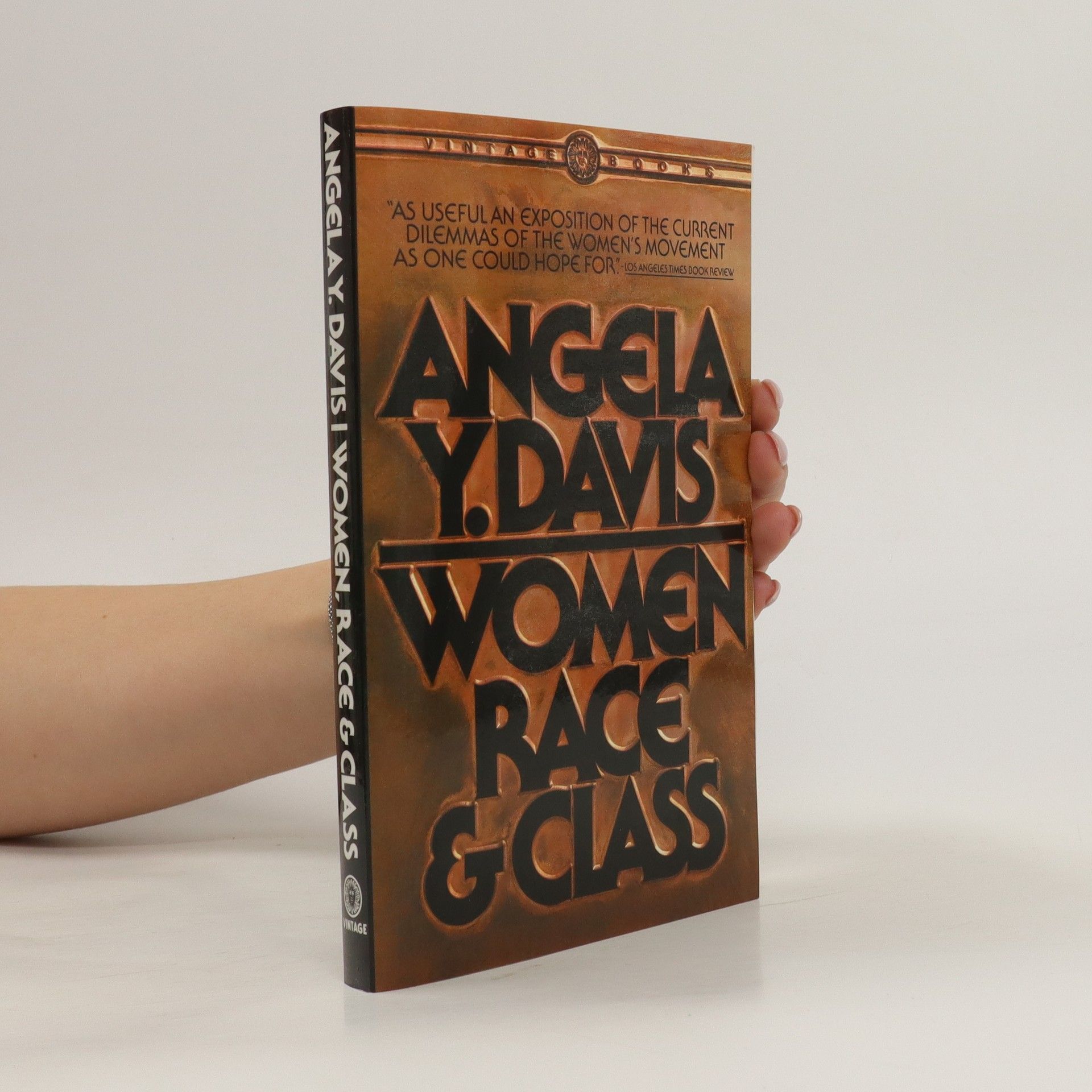Parameters
- 288 pages
- 11 hours of reading
More about the book
From one of our most important scholars and civil rights activist icon, a powerful study of the women’s liberation movement and the tangled knot of oppression facing Black women. “Angela Davis is herself a woman of undeniable courage. She should be heard.”—The New York Times Angela Davis provides a powerful history of the social and political influence of whiteness and elitism in feminism, from abolitionist days to the present, and demonstrates how the racist and classist biases of its leaders inevitably hampered any collective ambitions. While Black women were aided by some activists like Sarah and Angelina Grimke and the suffrage cause found unwavering support in Frederick Douglass, many women played on the fears of white supremacists for political gain rather than take an intersectional approach to liberation. Here, Davis not only contextualizes the legacy and pitfalls of civil and women’s rights activists, but also discusses Communist women, the murder of Emmitt Till, and Margaret Sanger’s racism. Davis shows readers how the inequalities between Black and white women influence the contemporary issues of rape, reproductive freedom, housework and child care in this bold and indispensable work.
Book purchase
Women, Race & Class, Angela Davis
- Language
- Released
- 1983
- product-detail.submit-box.info.binding
- (Paperback)
Payment methods
We’re missing your review here.






